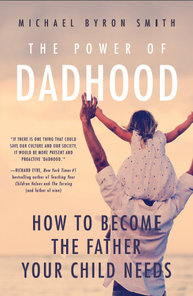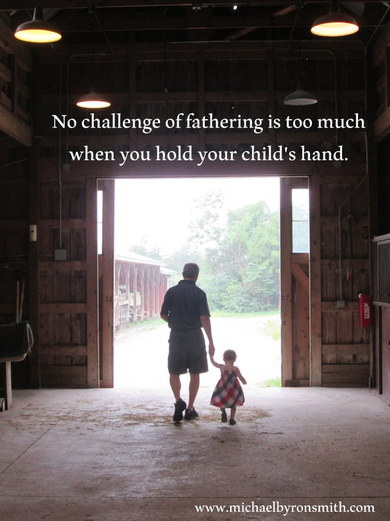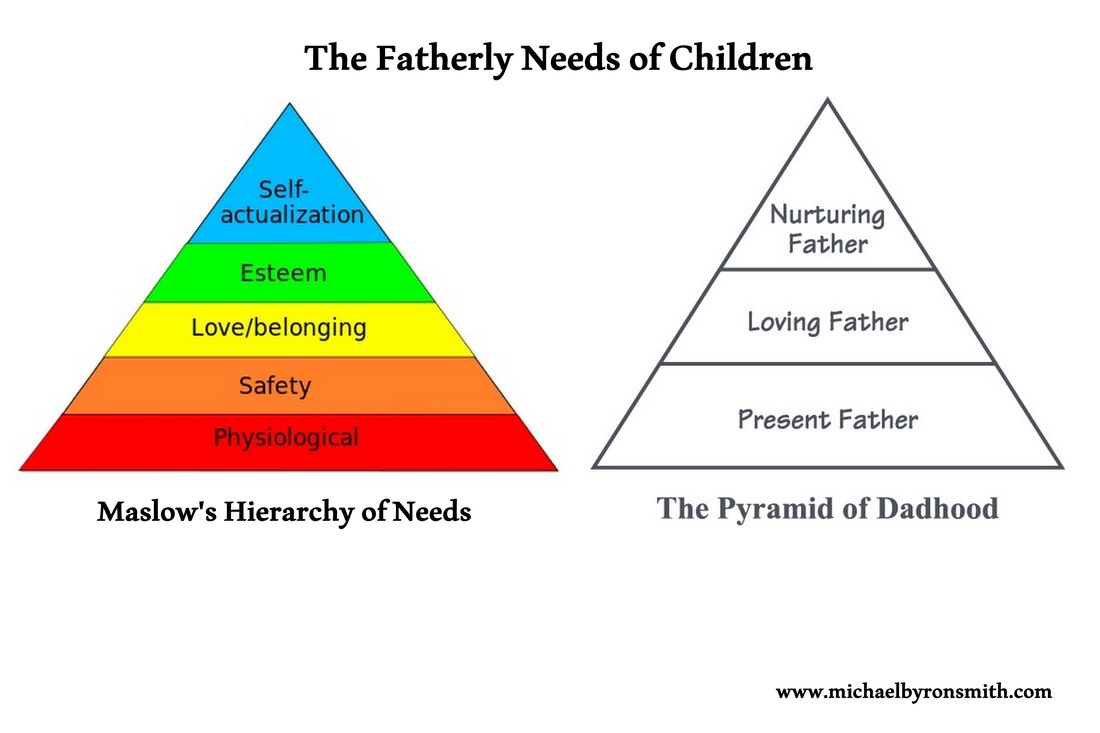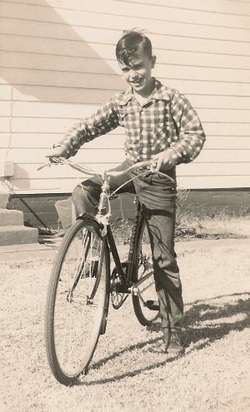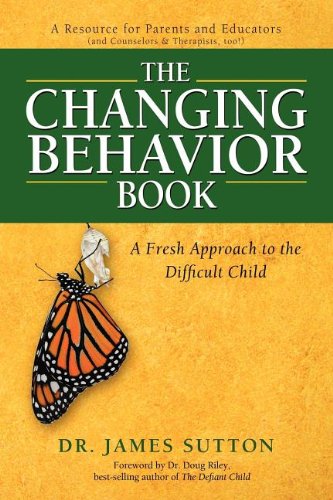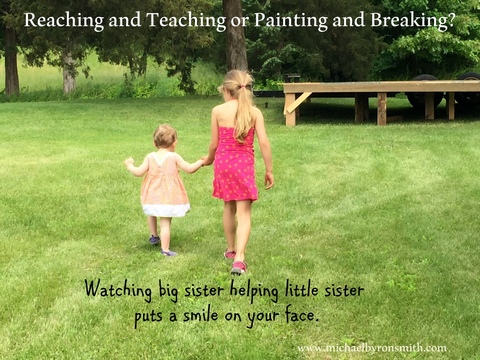 Photo by Papa
Photo by Papa We all know that there are givers and takers in this world. You know who they are almost right away. I think most of us want our children to be known as giving people, contributing to solutions instead of being the problem. We want them to bring energy into the world, not be the ones who suck the life out of it. Thankfully as parents, we can make a difference
Givers want to help others and expect nothing in return. Parents are some of the best givers in the world. We parents must give to our children because they depend on us for food, shelter, protection and love. On the other hand, kids are some of the best takers in the world. Takers are more than happy to receive because they are self-involved and concentrate in those activities that benefit them. This works just fine for infants, but as they get older, kids want more than these basics. They will take, take, take!
However, when someone simply takes and takes, without learning a desire to give back, they tend to rely on receiving for satisfaction. Kids are so adept at ‘taking’ that you have to be careful about what you give. In general, give them only what they need or earn. And yes, an ice cream cone can be earned by just being a good, responsible kid. A parent must not give things to their child with the expectation of receiving love in return. Instead of appreciation, takers tend to feel they are entitled. Giving to your children is not loving when that gift keeps them from learning important life lessons.
Some thoughts about raising givers, not takers.
- Moms and dads, be on the same page. One strict parent and one soft parent doesn’t work.
- Don’t make life too easy for them. Protect them from harm, not hard work.
- Make them aware of the less fortunate, and there are always less fortunate.
- Tell them stories of giving and how it makes life better for all.
- When they are old enough, get them involved in a program to help others, e.g. Special Olympics.
- Praise them when they share something of value or help others.
- Don’t buy their love. If it’s for sale, you don’t want to buy it.
- Correct inappropriate behavior such as selfishness, laziness, or bragging.
- Negotiating good behavior is not the best way to establish it.
Love comes from the intangibles of life like caring, loving, and mentoring, not from giving things or giving in. Certainly caring is one of the best gifts there is! Caring is a gift that tells someone they are worthy, building their confidence, self-esteem and character. But being a ‘push over’ or being a ‘pleaser’ is not caring because the consequences can damage the character of your children.
Of course everyone gives some and takes some. Give when you can and take when you need. A good society is all about that. We all can give and we all have needs. But when there is an imbalance, it’s usually noticed. I’m not sure there could ever be too many givers, but there can certainly be too many takers. Teach your children well and early. When clay has hardened, you can only change it with paint or by breaking it. Painting is just a cover up and breaking anything to fix it is very, very difficult.
Summary
Mentor your kids when they are reachable and teachable. If that opportunity is missed, then painting and/or breaking may be the only options left. ‘Painting’ your kids is looking the other way, denial, and/or making excuses for them. ‘Breaking’ them is allowing them to hit rock bottom, incarceration, or rehab. Painting never works in the long term. Breaking is so, so painful and, heartbreakingly, too often doesn’t work either. Use the leverage you have when your children are young to avoid the more difficult solutions that could come later.
Note: Did I mention it takes two involved parents to raise children properly, with mutual cooperation, idea-expanding synergy, and without exhaustion? Please consider buying The Power of Dadhood for a father you love, or the father of a child you love.


